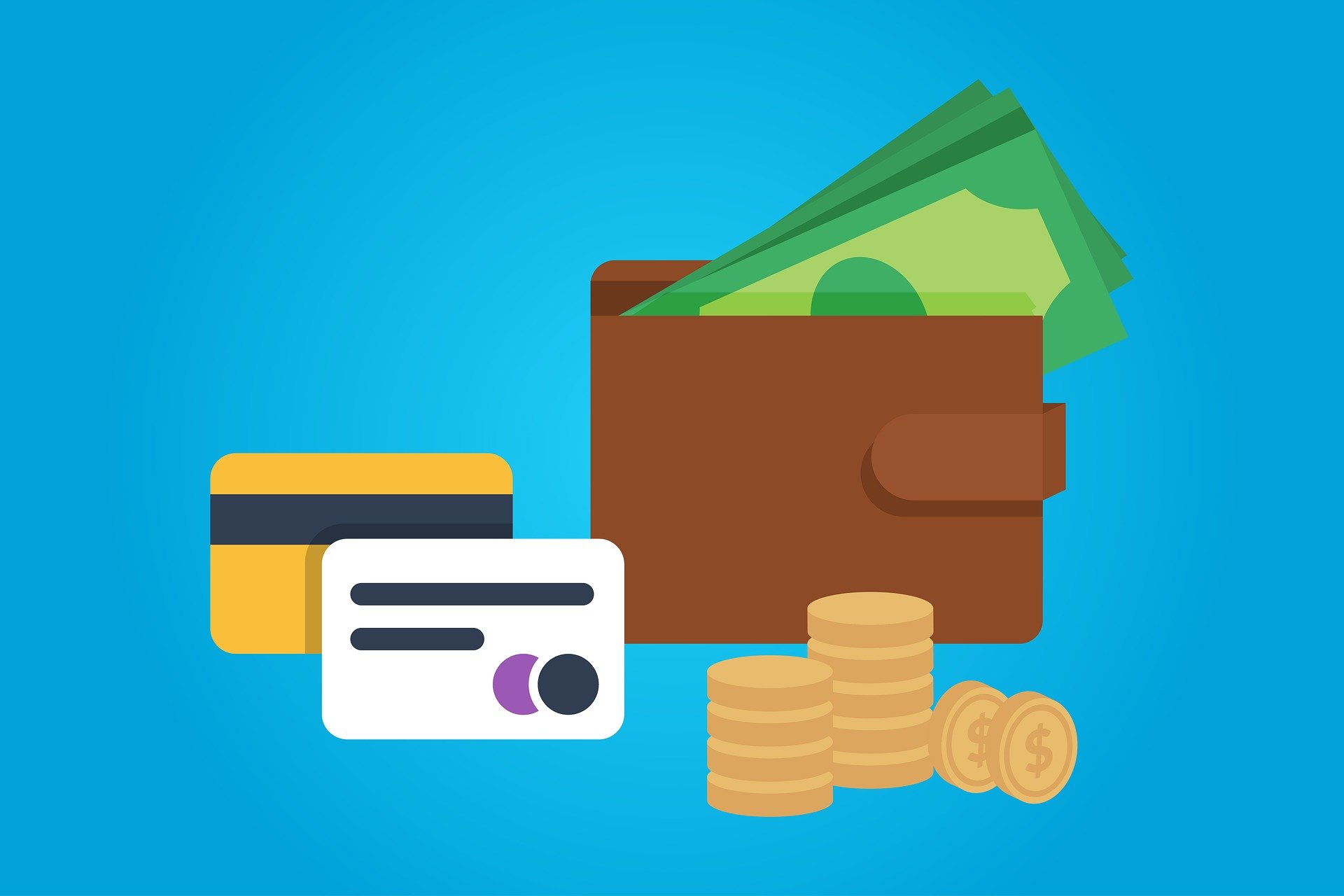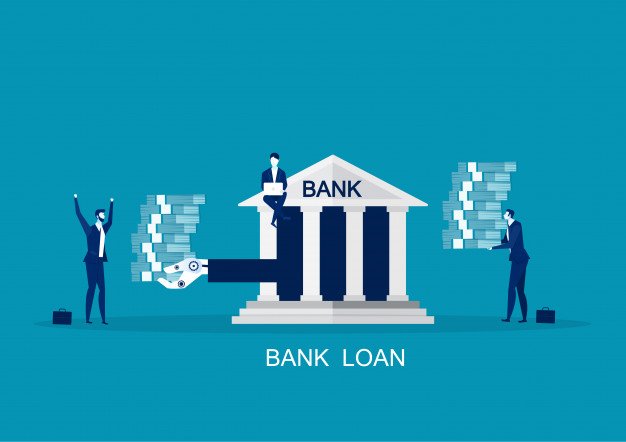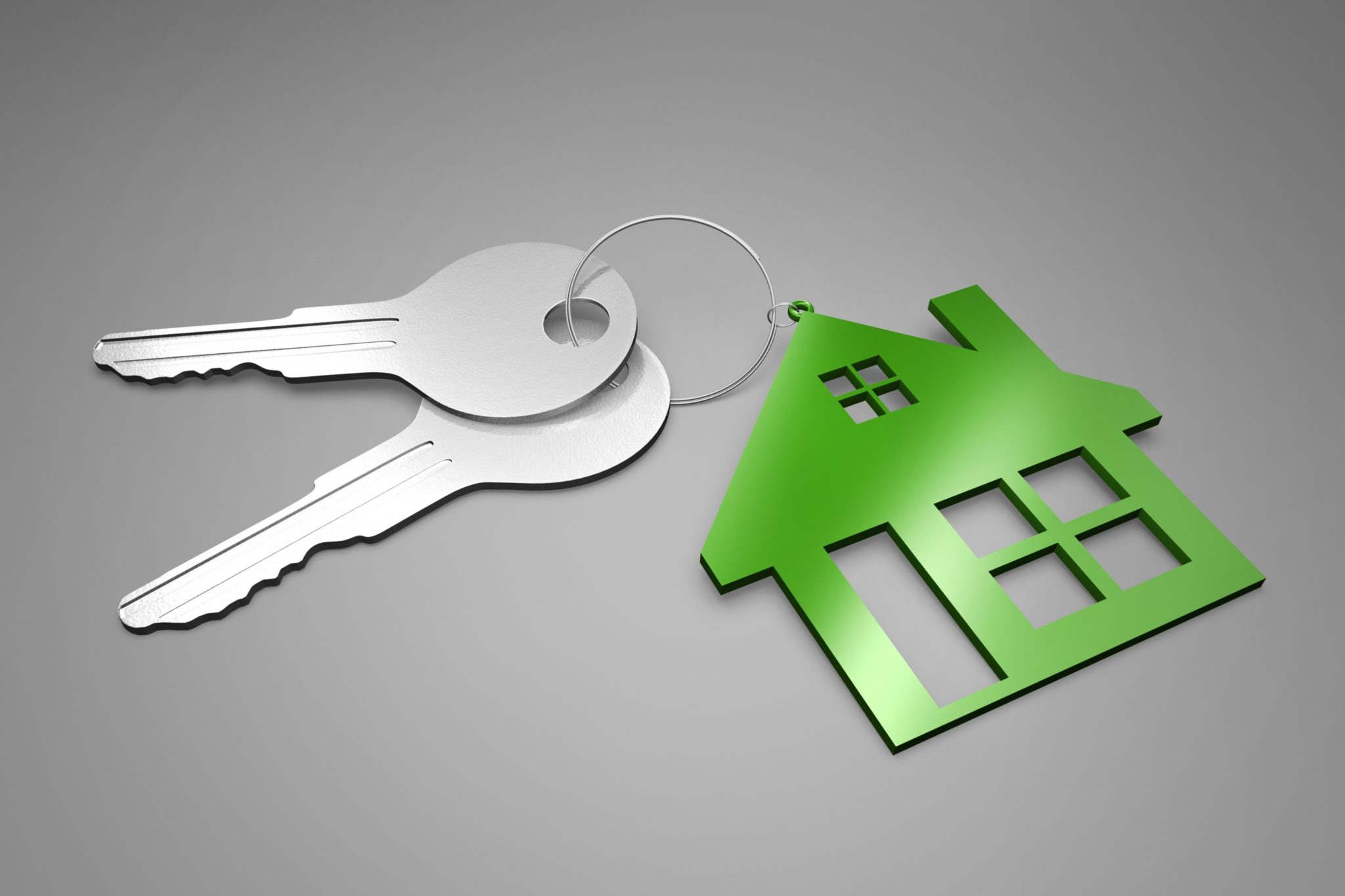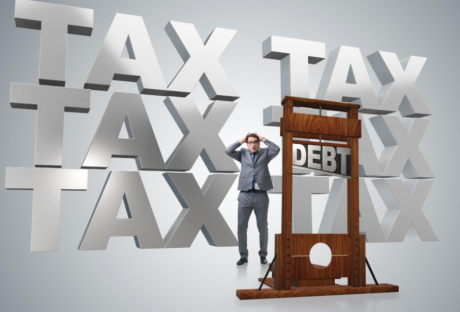Many people consider taking out a loan when they don’t have the necessary funds to pay for something upfront. This allows them to make big purchases or investments without missing out on limited-time opportunities like discounts or promotions. For other reasons, people may also take out a loan for personal emergencies like paying medical bills or investing in a new business that can help them achieve their goals.
No matter the reason, borrowers are still obliged to pay back the same amount of money within a period of time, with designated interest rates. To enjoy a debt-free life faster, here are some tips on how you can pay off your loans faster:
8 Simple Tips To Pay Off Your Loans Faster:
1. Arrange your debts:
Create a spreadsheet or a list of every single debt you have and arrange it based on whether it is outstanding or not. Include details like how much cash you borrowed as well as the payments you have made so far. This allows you to keep track of your progress and give you a visual motivation to get things done. Remember to always pay on time to avoid increasing your debt further.
Read more: Eight Essential Tips For Getting Out Of Debt
2. Ask help from an expert:
If you need help managing your debt or are looking for expert advice, consider contacting the nearest expert financial group in your area. Many of them offer consultation or debt relief services that help manage complicated loans. For instance, Check Into Cash offers various solutions at affordable rates and have several locations within the United States. You can also visit finance advice blogs and social media websites for industry tips from experts.
3. Create a budget plan and stick with it:
Creating a budget allows you to allocate your finances into segments. This includes dividing your monthly pay into equal portions sorting your expenses according to the following:
- Bills and important payables
- Grocery budget
- Food and transportation allowances
- Loans and debts
- Savings
- Miscellaneous and emergency expenses
Keep this data in a logbook or in your personal spreadsheet to track your progress.
4. Pay off the most expensive ones first:
Not all debts are created the same, if you haven’t been paying your credit card loan then you might want to start now. The reason for this is because credit cards have the highest interest rates compared to other lenders. However, depending on your loan you can also pay off the ones with the smallest balance first and use the debt snowball method.
The snowball method is done this way:
- List all of your loans from the most to the least
- Make the minimum required payments for each loan
- Try to allocate as many resources possible for the loan with the least balance
- Do it every month until all balances are cleared
Read more: Using Short-Term Loans To Help Rebuild Your Credit Score
5. Pay more than the minimum:
If you have extra money, consider paying it directly to your loans to help pay off your debt faster. Make sure each payment you make is up to date so a portion of it won’t go to interest. If you don’t have any extra money, look for a side job like doing paid online surveys or driving for Uber and Lyft. If you’re creative, you can also freelance part-time and create content for clients on various websites.
6. Sell items you don’t need:
Many of us can live without a few extra items in our house. Sell off some items like electronics, art, and furniture on a garage sale or online shops like eBay. If you have items that may need refurbishing, try getting them repaired before selling them off. You’ll be surprised how much people are looking to buy things on a bargain!
7. Lessen your spending habits:
Learn to live frugally for a while. Instead of paying for gas, use public transportation or walk to your destination. Make home-cooked meals instead of ordering out, and as much as possible try to limit your shopping habits except for necessities like groceries. If you must buy something like a dress or a pair of shoes, consider waiting for a sale or look for bargains online. Every little act counts.
8. Refinancing:
Refinancing your loans might seem counter-intuitive. But it’s a smart way of transferring your loan with high-interest rates to another lender that offers affordable loan interest rates. Some examples of these are student loan refinancing options, home loan refinancing, and auto loan refinancing. It’s a great way of saving money since you’re able to remove yourself from high-interest debts which take a long time to repay.
Final Thoughts:
Paying off your debt faster allows you to enjoy your life without worries, providing you peace of mind while also ensuring financial strength. For the latter, paying off your debt as soon as possible allows you to have better credit scores, which provides you with more financial opportunities in the future. Learning how to live life frugally while paying off a debt can also be a great learning experience since it helps you learn to value every penny you earn.
While it may seem overwhelming at times, learning how to be financially responsible for making a plan and sticking with it will help you become more responsible in the future. If you need any help, contact your local bank or nearest financial group and see whether they have offer consultation services that can help you formulate your own plan.
for personalization Manager: I can’t access the website to check the link. it says that it’s blocked in our country.
Read Also:



























